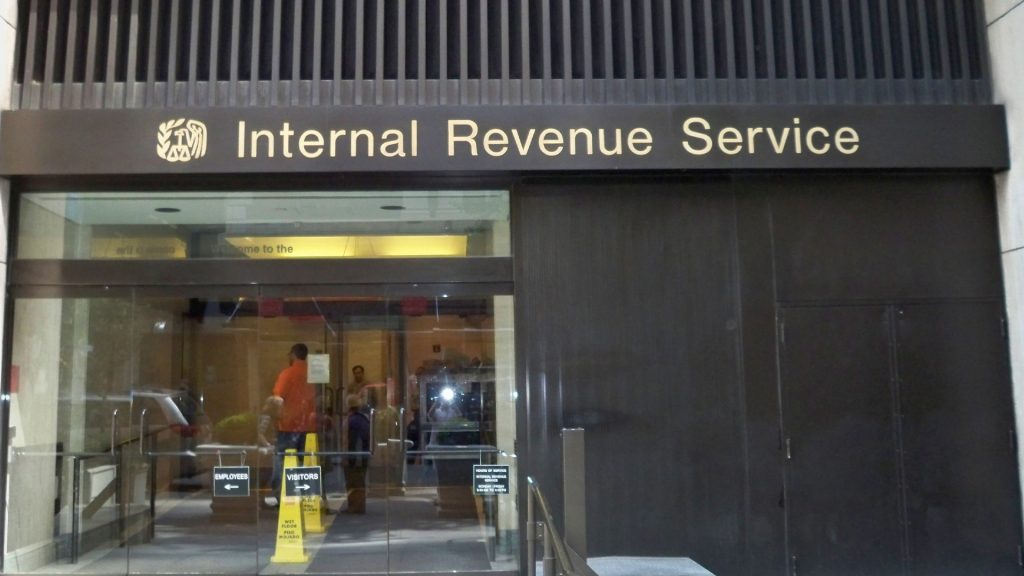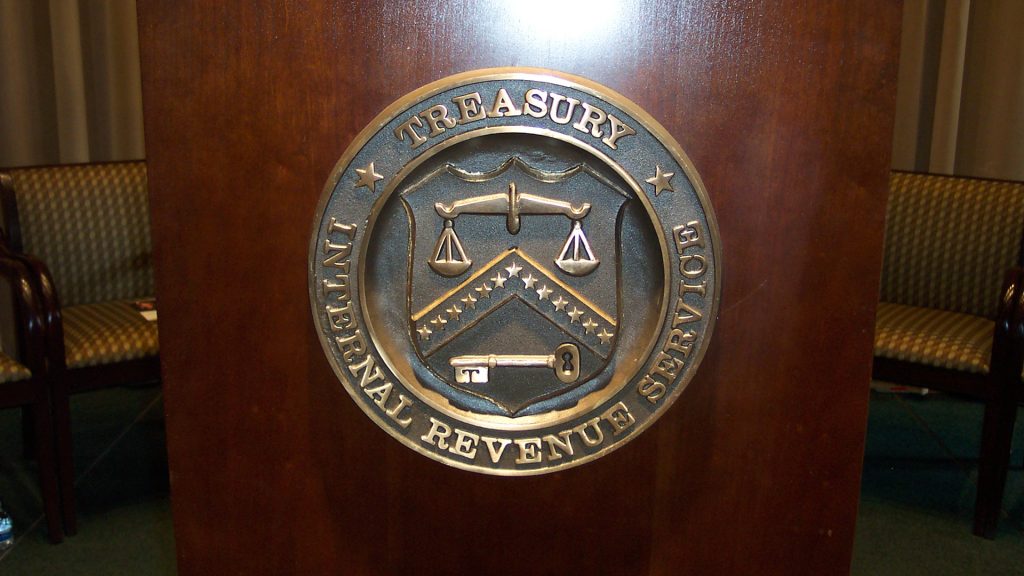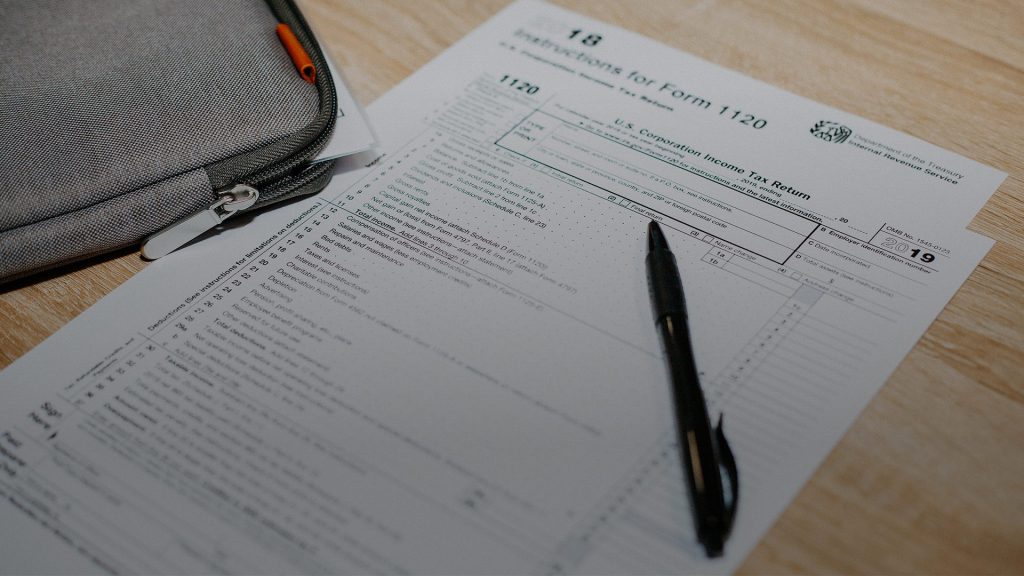Taxes are a complicated topic that everyone has an opinion on. Everyone can agree that they would probably rather not have to pay taxes, but they’re a necessary evil. There’s a difference in opinion on how much people should pay in taxes, though, and exactly who should pay what amount of their hard-earned money to Uncle Sam.
What Are Taxes?
Taxes are an amount of your paycheck that is taken out by the government before the money comes to you, which is used for public services such as roads and government salaries. Taxes have been paid by citizens for millennia, with arguments over taxation fueling some very famous wars throughout history.

In modern America, there is a divide in opinion over taxes. How much, what they should go to, who should have to pay what. The divide, predictably, largely falls along political ideological lines, with conservatives thinking that citizens should be paying as little taxes as possible, and liberals thinking that taxes are fine, as long as they’re going to the right things.
Taxes are a Necessary Evil
Regardless of where you stand on the concept of taxes as a whole, it’s generally agreed that there needs to be some sort of federal oversight regarding taxes. The United States tax system is endlessly complicated with loopholes and clauses that are little-understood, making an oversight system even more complicated.

The Internal Revenue Service (IRS) is the solution to this need. In addition to seeing over federal and state taxes and ensuring that citizens are paying their fair share, the IRS has a responsibility to ensure that funds are distributed appropriately from the taxpayer money that they collect.
Early Beginnings of the IRS
The IRS was first formed in July of 1862. The original office was called the Commissioner of Internal Revenue, and the sole purpose of the office was to assess the nation’s first income tax in order to fund the Civil War.

This temporary office funded over a fifth of the Union’s war efforts before the decree expired a decade later. However, in 1913, the Sixteenth Amendment was ratified, authorizing Congress to impose a tax on income. This created the Bureau of Internal Revenue.
“No Taxation Without Representation”
The need for a constitutional amendment around the legality of taxing stems from early American history. It’s well understood that being taxed without a formal representative in England was one of the primary factors behind the early colonists rebelling against King George III.

The famous line “no taxation without representation” encapsulates the early American sentiment towards taxes, particularly when they had no voting power or say in what they were being taxed on and how. This sentiment continued on into the United States after it became a formal country, and is an important context behind the purpose of the Sixteenth Amendment.
Multiple Rounds of Restructuring Were Necessary
The IRS has undergone multiple rounds of restructuring in the years since the Sixteenth Amendment was ratified. The first year after the amendment was implemented, the IRS didn”t collect taxes at all. Citizens merely filled out an income form, and the IRS verified the information to ensure that it was correct.

The workload of the IRS jumped tenfold after it started collecting paperwork regarding tax income, and the first major restructuring of the IRS occurred. The agency started to hire professional, full time tax collectors rather than relying on “patronage” type assignments as they had in the past, and doubled its staff.
New Taxes, High Corruption
Several decades later, a new tax act was passed in 1942 that included a new wartime surcharge as the United States entered World War II. During this time, the number of American citizens who paid taxes increased from approximately 4 million in 1939 to more than 40 million by 1945, vastly increasing the amount of tax revenue that the IRS was collecting.

The agency was not exempt from corruption, though. In 1952, a series of damaging incidents of bribery and evasion forced the agency to reorganize under the supervision and approval of President Truman. District offices replaced many collectors offices, and the duties of the organization were decentralized to these new offices. The department then became known as the IRS.
The Tax System Has Reformed Too
Along with the IRS, the United States taxation system has undergone many different iterations as well. The first formal tax from the United States government was imposed by Abraham Lincoln as part of the Revenue Act of 1861.

In 1895, the United States Supreme Court ruled that taxation on interest income, dividend income, and rental income was illegal due to the fact that it was considered a direct tax. This decision was overturned by the passage of the Sixteenth Amendment, as well as subsequent decisions made by the Supreme Court regarding tax law.
Taxation in the United States is Far From Simple
Over the years, the taxation system in the United States has become overwhelmingly complicated. There is an entire system of employment regarding understanding the tax system and helping individuals file their taxes correctly, which should be the first indication that something is amiss.

There are various federal, state, and local taxes to consider when individuals are assessing their own taxes, as they are required to by law. On top of that, there are varying levels of taxation and exemptions for individuals versus corporations versus the hyperwealthy, and all of it is so confusing as to be an entirely foreign language.
The United States Has Overgrown the IRS
As the population of the United States has grown and more and more responsibility has been placed on the IRS in order to maintain our taxation system, some responsibilities have, unfortunately, started to fall through the cracks.

The system was not meant to sustain the income of so many millions of people, and the IRS has been woefully underfunded and undervalued for the job that they do for this country. The United States wouldn’t exist as it is without a taxation system of some kind, and the IRS performs an incredibly important job.
The IRS Needs Help
This fact has meant that for years, the IRS has not only needed a great deal of restructuring, but also a great deal more funding. This has been a talking point in Congress for years, with Republicans claiming that the IRS only “needs” more funding in order to go after average American citizens even more than they already do.

Of course, this is simply a fear tactic that has bound up IRS funding in partisan politics. The truth of the matter is that while it is true that the United States tax system could use a good overhaul as well, the IRS plays an important role in ensuring that the current system works to the best of its ability.
The IRS Doesn’t Want to Go After Average Americans
The truth of the matter is that the IRS has neither the manpower or the federal will to go after average American citizens in particular. The IRS audits a tiny number of tax returns every year, and the chances of being an average American citizen and having your taxes audited is exceedingly slim.

Instead, the talking point behind funding the IRS and hiring more agents has been to go after corporations and the ultra wealthy, Americans who have both the ability, the money, and the motive to hide money and cheat the system in order to pay as little taxes as possible.
The Infrastructure Act Provided
This was a pipe dream, until Joe Biden and the United States Congress passed the newest infrastructure bill in 2022. The infrastructure and climate bill was the first of its kind to be passed in several years, and earmarked more than $70 billion in funding for the IRS to hire new agents and restructure.

The funding was decried by Republicans, and lauded by Democrats who saw the intent of the bill. Wealthy individuals as well as corporations have been relying on tax loopholes to avoid taxes for years, and Democrats saw greater oversight with the IRS as the only solution to the problem.
The Money Is Doing What It Was Intended to Do
Though the Republican Party has been trying to claw back the funding of the IRS ever since the Inflation Reduction Act was passed – even succeeding to a minor degree – the funding has slowly started to make a difference, and do exactly what it was intended to do.

The new agents that have been hired as a part of the IRS enforcement task force have started to process returns at a higher rate, working down the backlog of tax forms that have been languishing in the system for years. In doing so, they have started to contact individuals who have previously underpaid their taxes. Primarily, millionaires.
Millions of Dollars of Back Taxes
The Inflation Reduction Act passed in early 2022, and by the end of that year, the IRS had brought in more than $160 million in back taxes. These back taxes came from approximately 1600 households whose annual income was more than $1 million, and were known to have unpaid tax bills of more than $250,000.

In the time since, the IRS has brought in an additional $360 million in unpaid taxes, bringing the grand total back taxes paid to more than $520 million. This is a significant amount of money that was simply languishing in the system, all due to a lack of manpower and political will.
The IRS Agents Have Been Wildly Successful
Administration at the IRS are ecstatic about the increase in funding, as well as the success of their agents. IRS Commissioner Danny Werfel released a statement regarding the act, explaining that the IRS was now able to increase scrutiny on high-income earners and companies who had previously escaped attention from the IRS.

It cannot be denied that the reason that the IRS has been able to retrieve so many millions in unpaid tax funds is because of the increase in funding, as well as the newly hired agents who have reduced the work burden. That doesn’t seem to matter to Republicans, though.
Republicans Are Not Happy
Ever since the bill passed, the Republicans in both the House of Representatives and the Senate have been going out of their way to claw back the funds in any way possible. In one case, they were successful.

In 2023, a deal between then-Speaker Kevin McCarthy and President Biden to raise the debt ceiling resulted in a slash of enforcement funding to the IRS by approximately $20 billion. In addition, a new debt ceiling deal between new Speaker Mike Johnson and Chuck Schumer allegedly speeds up those cuts.
The IRS Will Live On
Democrats have been quick to point out the fact that tax cuts for the wealthy that were passed by former President Donald Trump have added significantly to the national deficit, and that the back taxes being collected by the IRS are meant to rectify some of that burden.

Despite the truth of that statement, Republicans have continued to harp on the rhetoric of the IRS coming after average Americans. Sadly, it seems to be working. All we can hope is that the IRS continues to be able to do their work in going after tax cheats and fraud, even while they are generally hated by the American public.






